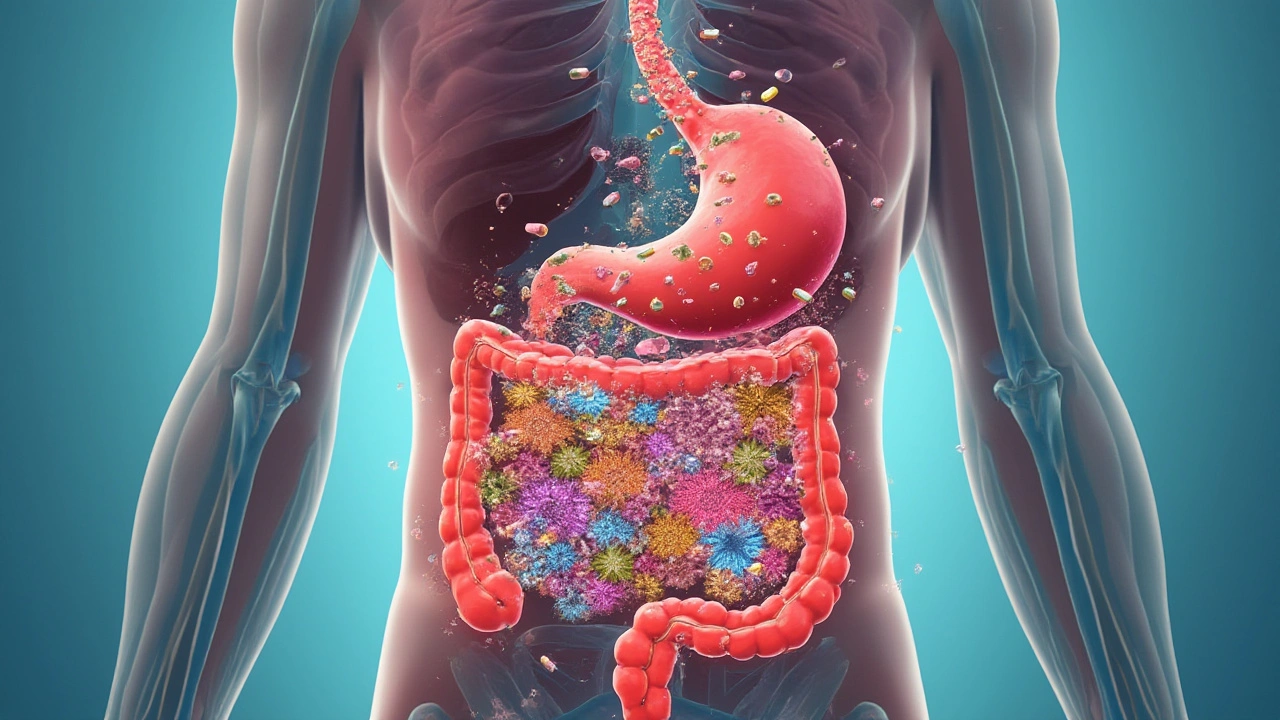Medication Effects: What They Don’t Always Tell You
Ever taken a pill and wondered what’s really going on in your body? You’re not alone. Medications do more than just target the illness—they can spark all kinds of reactions, from subtle mood changes to surprising physical effects. Sometimes, even the medicine that’s supposed to help you can throw in a twist you weren’t expecting.
Start with the basics: every drug, whether over-the-counter cold meds or prescription antidepressants, works by changing something in your body. Some boost chemicals, others block signals, and a few just help your body do its job a bit better. But here’s the thing—those same actions can also cause side effects. Take antihistamines, for example. They help dry up a runny nose, but can leave you feeling sleepy or foggy. That tiredness isn’t just annoying; it can mess with driving, studying, or even your mood for the rest of the day.
People often figure out their own ‘lifehacks’ to make medication easier to handle. Some drink more water to avoid headaches from painkillers. Others avoid taking certain drugs before big meetings so they’re clear-headed. Learning how to listen to your body helps you spot patterns fast. Maybe you notice that new allergy med makes your heart race or that a pain reliever upsets your stomach unless you’ve eaten first. Tracking these small details can save you future discomfort or those awkward ‘is it just me?’ questions at the doctor’s office.
But it’s not just about side effects you can feel. Some meds are sneaky, shifting your immune system or affecting how your liver handles other stuff. People who breeze through cold season sometimes have a secret: they pair the right medications with smart habits—like sleeping better, eating more veggies, or washing their hands more. The right combo can mean fewer sniffles and less time stuck in bed.
Here’s an insider tip: where you buy your meds and how you pick them off the shelf matters, too. Pharmacies use bright packaging and shelf placement tricks to steer you toward specific brands—sometimes not even the ones that work best for you. It pays off to double-check labels and ask the pharmacist what actually does what, not just what’s shiny or at eye level.
If you want to avoid surprises, talk straight with your doctor or pharmacist. Don’t hold back on weird reactions—nobody knows your body better than you. Watching for medication effects isn’t being paranoid; it’s giving yourself an edge. Every system is different, and even small differences can add up over weeks or months.
So the next time you pop a pill, observe what happens. Ask questions, jot down how you feel, and tweak your habits if something feels off. Meds can be a game-changer, but knowing how they really work—and when they don’t—keeps you one step ahead.

Medication and Gut Microbiota: Surprising Effects on Your Digestive Health
- by Zephyr Blackwood
- on 28 Jul 2025
Discover how common medications reshape your gut microbiota, why it matters for digestion, and what you can do to protect your microbiome health.
